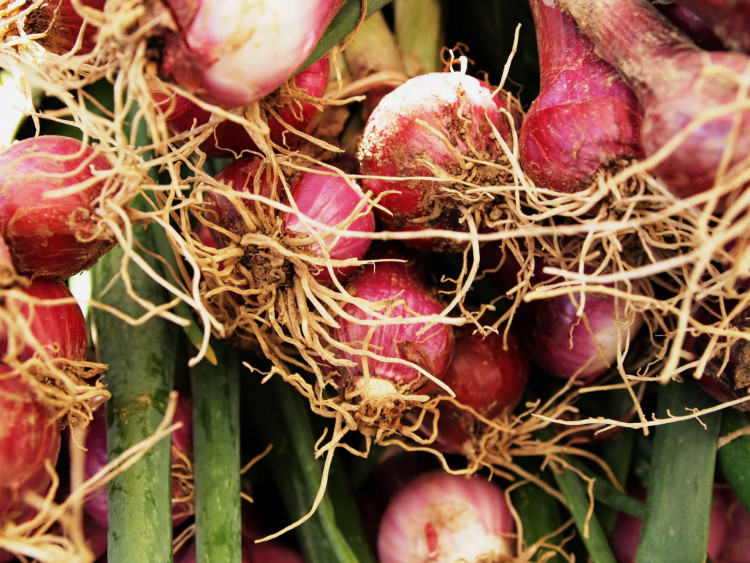Have you met someone who insists that their favorite food-or veggies, for that matter-is a turnip? Chances aren't that big. But the time has come for the humble turnip to earn its bragging rights-and to position it on our tables.
Turnip Health Benefits
It's good for the gut
One cup of cubed raw turnips packs approximately two grams of fiber, which is more than just a reduction in your recommended daily intake. Turnip fiber helps combat bloating, gas, and constipation, while also lowering cholesterol and the risk of chronic diseases such as diabetes. As fiber travels more slowly through your gastrointestinal tract, it helps to balance blood sugar and satiety levels.
Supports bone health
Only one cup of turnip greens contains 138 micrograms of vitamin K-153 percent of what you can get every day-which benefits in bone protection and is an essential blood-clotting agent. Find this just another evidence that we can just eat more root vegetable greens and not simply chuck them out.
It's a natural folate source
Folate is an important food for pregnant women and women who are concerned about preconception health. And if you're not pregnant right now, having folate will help improve cardiovascular wellbeing and raise energy levels, which is why women over 18 can get about 400 micrograms a day. You'll get 20 micrograms of folate in one cup of chopped turnips (five percent of your daily value) and 107 micrograms (or 27 percent of your daily value) in one cup of chopped turnip greens.
High inflammation-fighting compounds
Cruciferous vegetables are some of the healthiest foods since they contain numerous antioxidants as well as compounds such as glucosinolates. Antioxidants, of course, tackle inflammation and other damage caused by free radicals in the body. As with glucosinolates, they have been associated with a lower risk of cancer and promote healthy cell development.
Turnips are brain food
Turnip greens are actually more abundant with micronutrients like carotenoids such as beta-carotene and lutein. In fact, these leafy greens have been found to promote healthier brain function. The anti-inflammatory effects of lutein also contribute to the protection of the eye.
How to Enjoy Turnips
The only downside to turnips is that they're not exactly user-friendly. It's not as ubiquitous a staple in people's diets as other root vegetables like carrots and sweet potatoes. But if you take a little time to learn how to use them, you'll discover that they can be a safe and tasty addition to your winter meals.
Bear in mind the turnips appear to taste a little bitter when cooking. To prevent an overpowering taste, blanch the greens (meaning you boil them for about a minute, then quickly move them to ice water to stop cooking) and cook the roots to reduce the sharpness.






